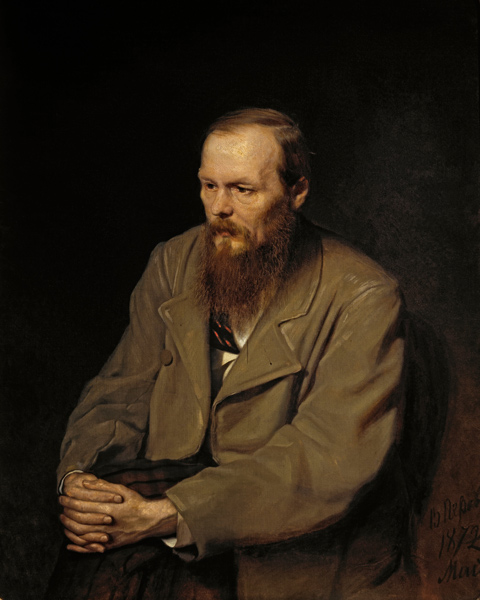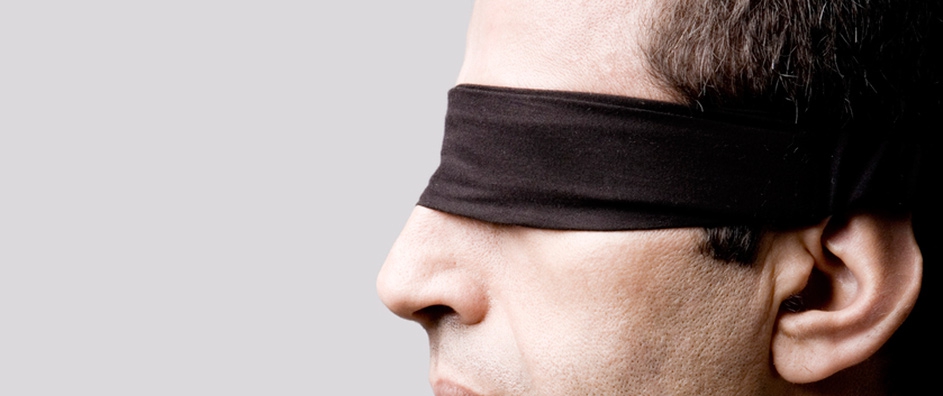The views expressed in our content reflect individual perspectives and do not represent the authoritative views of the Baha'i Faith.
For, after all, you do grow up, you do outgrow your ideals, which turn to dust and ashes, which are shattered into fragments; and if you have no other life, you just have to build one up out of these fragments. And all the time your soul is craving and longing for something else. And in vain does the dreamer rummage about in his old dreams, raking them over as though they were a heap of cinders, looking in these cinders for some spark, however tiny, to fan it into a flame so as to warm his chilled blood by it and revive in it all that he held so dear before, all that touched his heart, that made his blood course through his veins, that drew tears from his eyes… – Fyodor Dostoyevsky, White Nights and Other Stories

Fyodor Dostoyevsky
Human beings need ideals. Ideals, as Dostoyevsky wrote, touch our hearts and make our blood course through our veins—they provide the flame that warms us.
We all need a set of ideals, spiritual goals we can strive for and try to live up to. What are yours? To find out, try taking your own inner spiritual and moral inventory.
Any veteran of a twelve-step recovery group will know the term, since it usually comprises the fourth step in the twelve-steps—but you don’t need to recover from anything to use this simple process. All you need to do is sit down, think deeply, then honestly and fearlessly list your own moral successes and failures. Don’t share them with anyone else—just use the list you come up with to evaluate how well you’re living up to your own ideals.
Many online tools exist for this purpose, and I won’t try to recommend any particular one. Just search online for the term “moral inventory,” and you’ll find lots of help, including sets of questions and prompts that can assist you.
When you conduct this inventory, you will want to be as brutally honest with yourself as you possibly can. You’ll want to list your ideals, and then figure out how you’ve lived up to them—and also how you haven’t. You’ll want to have a clear inner vision when you conduct this inventory, and try to reduce any blindness you may have to your own faults.
Here’s an example: the initial twelve-step approach to conducting a fearless spiritual and moral inventory came originally from a Christian fellowship called the Oxford Group, which heavily influenced the development of self-help organizations like Alcoholics Anonymous and many others. The Oxford Group developed a set of moral guidelines and virtues called the “Four Absolutes:” Honesty, Purity, Unselfishness and Love. The Oxford Group members thought that Christ exemplified these four spiritual qualities perfectly, which made them the best possible set of ideals people could possibly adopt.
So people in the Oxford Group did their own moral inventories this way: they folded a single sheet of paper into four sections, and labeled each of them with one of their Four Absolutes. Then, each person compared their own lives against Christ’s example. “Am I honest?” they asked themselves, and wrote down the answers, including examples of their recent successes and failures in that area of life.
As you might expect, this exercise, if conducted with fearlessness and candor, can reveal a great deal. It can show you, if you’re open to the experience, that you don’t always live up to your ideals—and that sometimes you do. It can inspire you to make a greater effort and strive to be a better person. Even more importantly, it can convince you that surrendering spiritually to the influence of a higher power—relying on the human virtues and ideals exemplified by God’s messengers rather than the self for moral direction in life—has a powerful and positive effect.
The Baha’i teachings say that this kind of self-knowledge can lead us to the straight path:
…man should know his own self and recognize that which leadeth unto loftiness or lowliness, glory or abasement, wealth or poverty… They are, in truth, cup-bearers of the life-giving water of knowledge and guides unto the ideal way. They direct the peoples of the world to the straight path and acquaint them with that which is conducive to human upliftment and exaltation. The straight path is the one which guideth man to the dayspring of perception and to the dawning-place of true understanding and leadeth him to that which will redound to glory, honour and greatness. – Baha’u’llah, Tablets of Baha’u’llah, p. 34.
When you know your own self and recognize what leads to your glory or abasement, Baha’u’llah wrote, it will “reduce blindness and… increase vision:”
We cherish the hope that through the loving-kindness of the All-Wise, the All-Knowing, obscuring dust may be dispelled and the power of perception enhanced, that the people may discover the purpose for which they have been called into being. In this Day whatsoever serveth to reduce blindness and to increase vision is worthy of consideration. This vision acteth as the agent and guide for true knowledge. Indeed in the estimation of men of wisdom keenness of understanding is due to keenness of vision. – Ibid.
If you peruse the Baha’i writings for a list of spiritual virtues and ideals, you’ll find them in many places. This one, from Abdu’l-Baha, outlines some of the important human ideals we can all strive for:
…ye must conduct yourselves in such a manner that ye may stand out distinguished and brilliant as the sun among other souls. Should any one of you enter a city, he should become a centre of attraction by reason of his sincerity, his faithfulness and love, his honesty and fidelity, his truthfulness and loving-kindness towards all the peoples of the world, so that the people of that city may cry out and say: ’This man is unquestionably a Baha’i, for his manners, his behaviour, his conduct, his morals, his nature, and disposition reflect the attributes of the Baha’is. – Selections from the Writings of Abdu’l-Baha, p. 70
















Comments
Sign in or create an account
Continue with Googleor